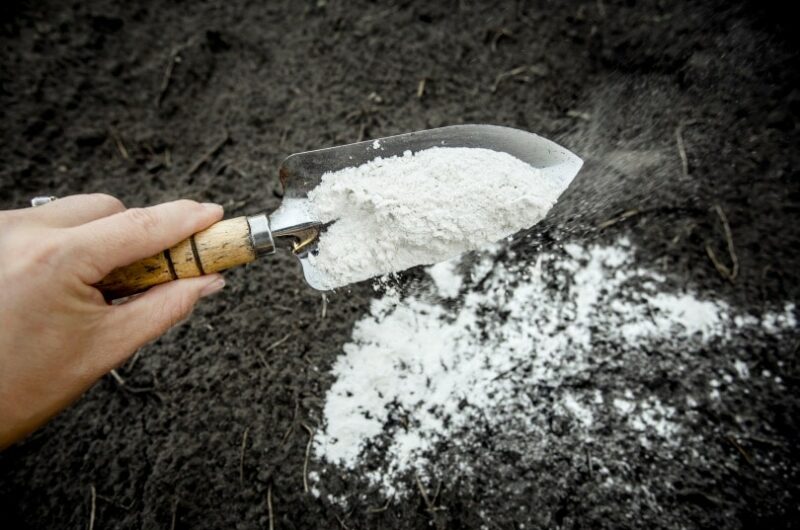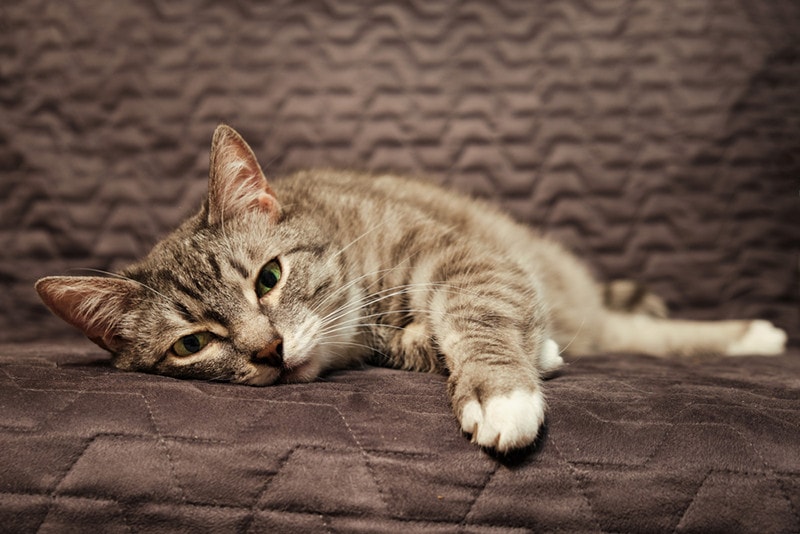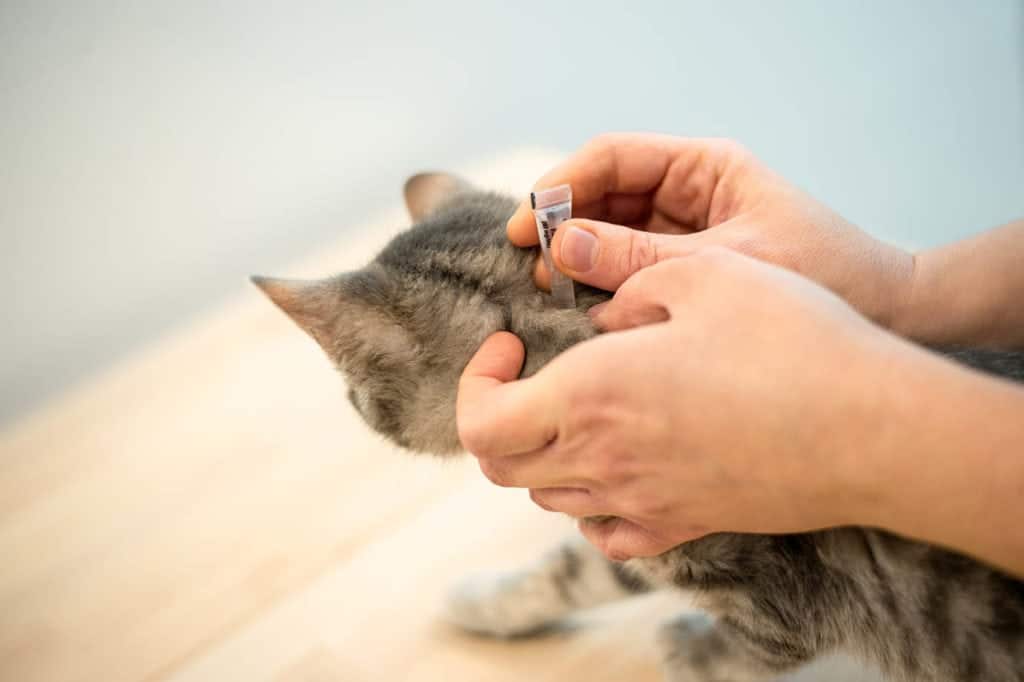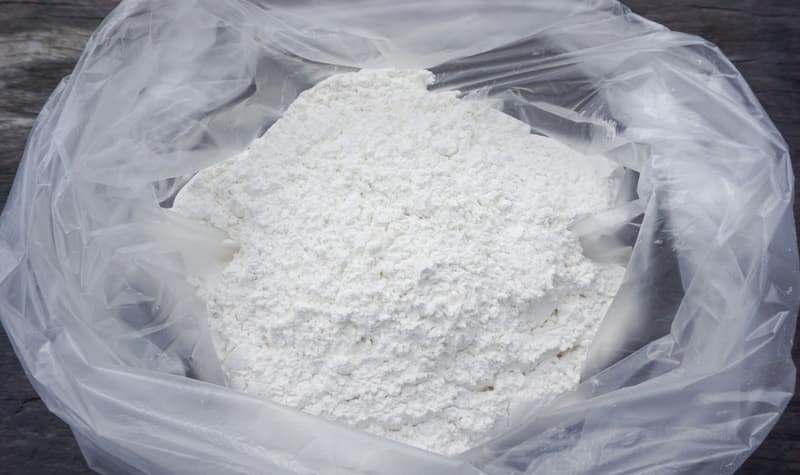Fleas can make your cat’s life miserable and yours a nightmare as you try to fight the infestation. Those searching for non-pesticide products to kill fleas might wonder if lime is an effective alternative. While lime may be somewhat effective against fleas, it won’t necessarily kill them and should never be applied or used around your cat.
In this article, we’ll discuss using lime to kill fleas and the potential dangers to your cat. We’ll also provide tips to fight flea infestations that should be more effective than lime.

What Is Lime?
Lime is the common term for various products manufactured from limestone, including quicklime, hydrated lime, and garden lime. These products have several purposes, including building materials, soil treatments, and insect repellants. Lime consists primarily of calcium compounds, such as calcium carbonate and calcium oxide.

Is Lime Effective Against Fleas?
Lime in various forms has been used for years to repel agricultural pests and treat mite infestations in livestock. However, there’s only limited research regarding its effectiveness. One study from 1992 found that hydrated lime worked against one type of insect but was ineffective against others, like aphids 1.
According to the USDA, lime sulfur dips effectively control mites and other insects on livestock 2. Again, this research does not explicitly address the effectiveness of lime against fleas, nor did any of them study the use of the product on cats.
If used to treat your yard, lime may be helpful over time in treating fleas, but it is unlikely to do the job independently. In addition, it may damage your lawn or garden plants.
Is Lime Safe for Cats?
In addition to its questionable effectiveness, lime presents several safety concerns for cats. Garden and dolomitic lime, made of calcium carbonate, can cause digestive upset in pets if ingested.
Quicklime and hydrated lime are corrosive and can cause chemical burns if they contact your cat. Lime dust can cause respiratory irritation if inhaled. Lime is unsafe for cats, and they should not be allowed outdoors if you treat your yard with it.

Tips for Treating Fleas on Your Cat
To effectively treat fleas on your cat, you need to eliminate all flea life cycles, including the adult insects on your pet and the eggs and immature stages living in the environment. You must treat all the pets in the house, regardless of whether they go outside.
The most effective way to kill fleas on your cat is to use a product recommended by your veterinarian. They are generally available as pills or topical products applied to the skin. Flea collars and shampoos are less effective, as are over-the-counter products.
In addition to killing the fleas on your cat, you’ll need to battle the bugs in your home and yard. Otherwise, the fleas will hatch from their eggs, mature, and return to your cat. Talk to a pest control specialist to recommend other products to kill fleas in your yard and inside your house if needed.
You should wash your cat’s bedding in hot water or replace it. Frequent vacuuming is an effective tool for reducing the number of fleas, in addition to other measures. Pay close attention to vacuuming cracks and baseboards, which are popular spots for fleas to lay eggs. Empty the canister or throw away the vacuum bag outside your house after each cleaning session.
It can take months to eradicate a flea infestation, and the most effective technique for treating the pests in your yard and home is to contact a professional pest control company and your veterinarian.

Conclusion
Research is limited on the effectiveness of lime in killing fleas on cats. Because of its safety concerns, lime is not recommended for treating fleas. Preventing flea infestations is always easier than treating them, so talk to your veterinarian to find an effective product. Fleas carry diseases and internal parasites in addition to the itching associated with their bites. If your cat is infested with fleas, visit your veterinarian first for an effective treatment.
Related Reads:
- Does Febreze Kill Fleas on Cats Safely? Vet Approved Fact & FAQ
- Does Cornstarch Kill Fleas on Cats? Vet Approved Facts & FAQ
Featured Image Credit: OTP art, Shutterstock











